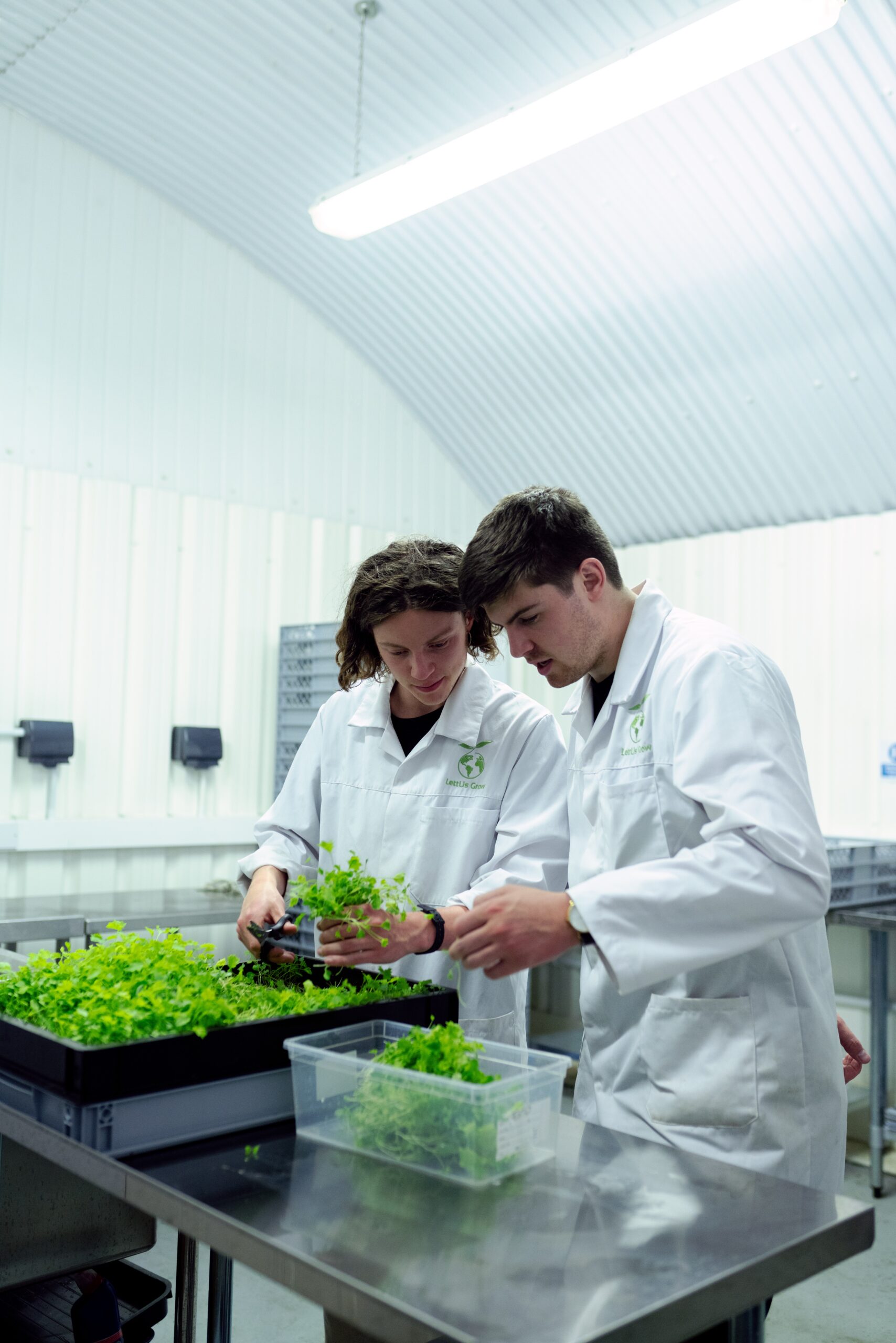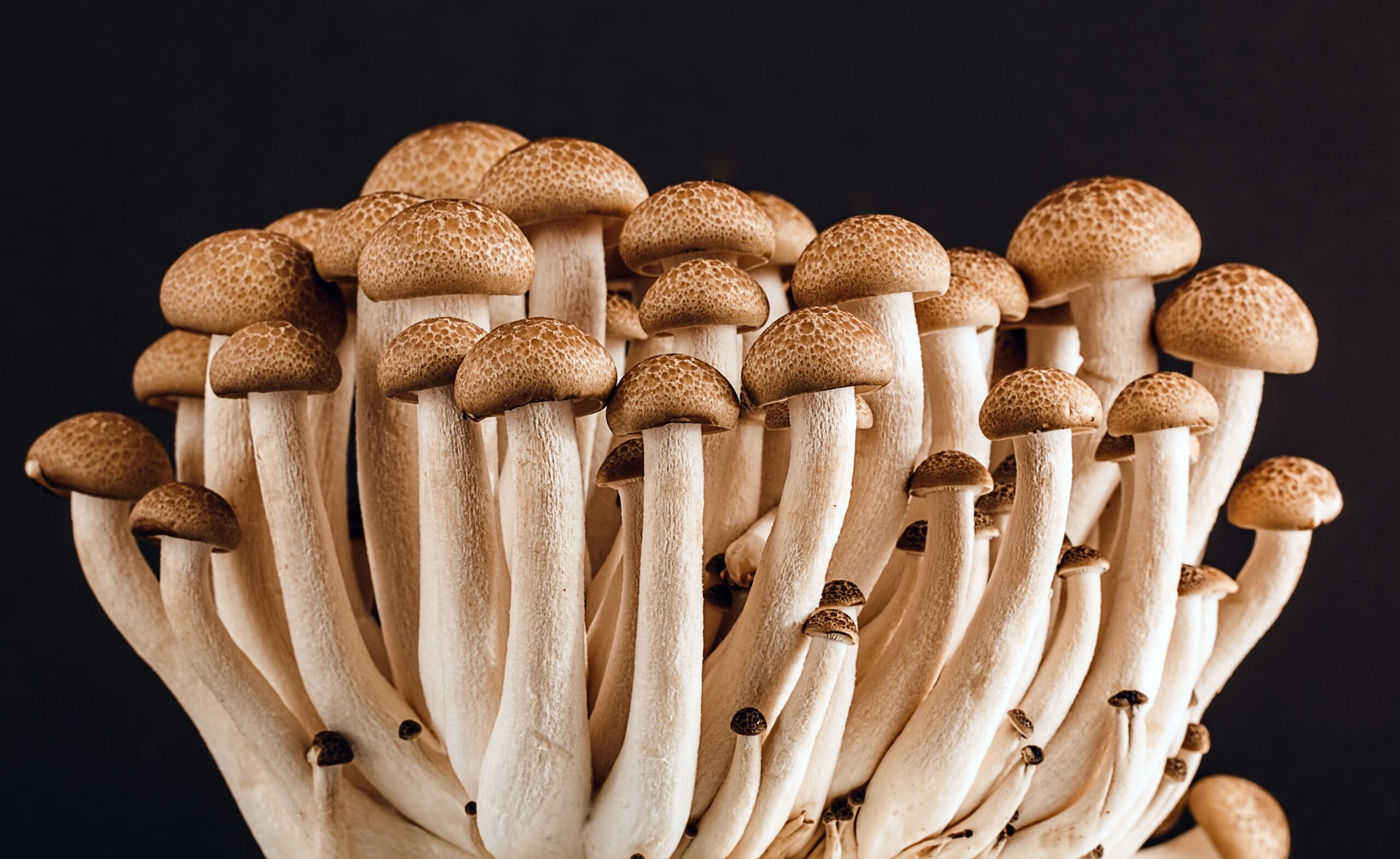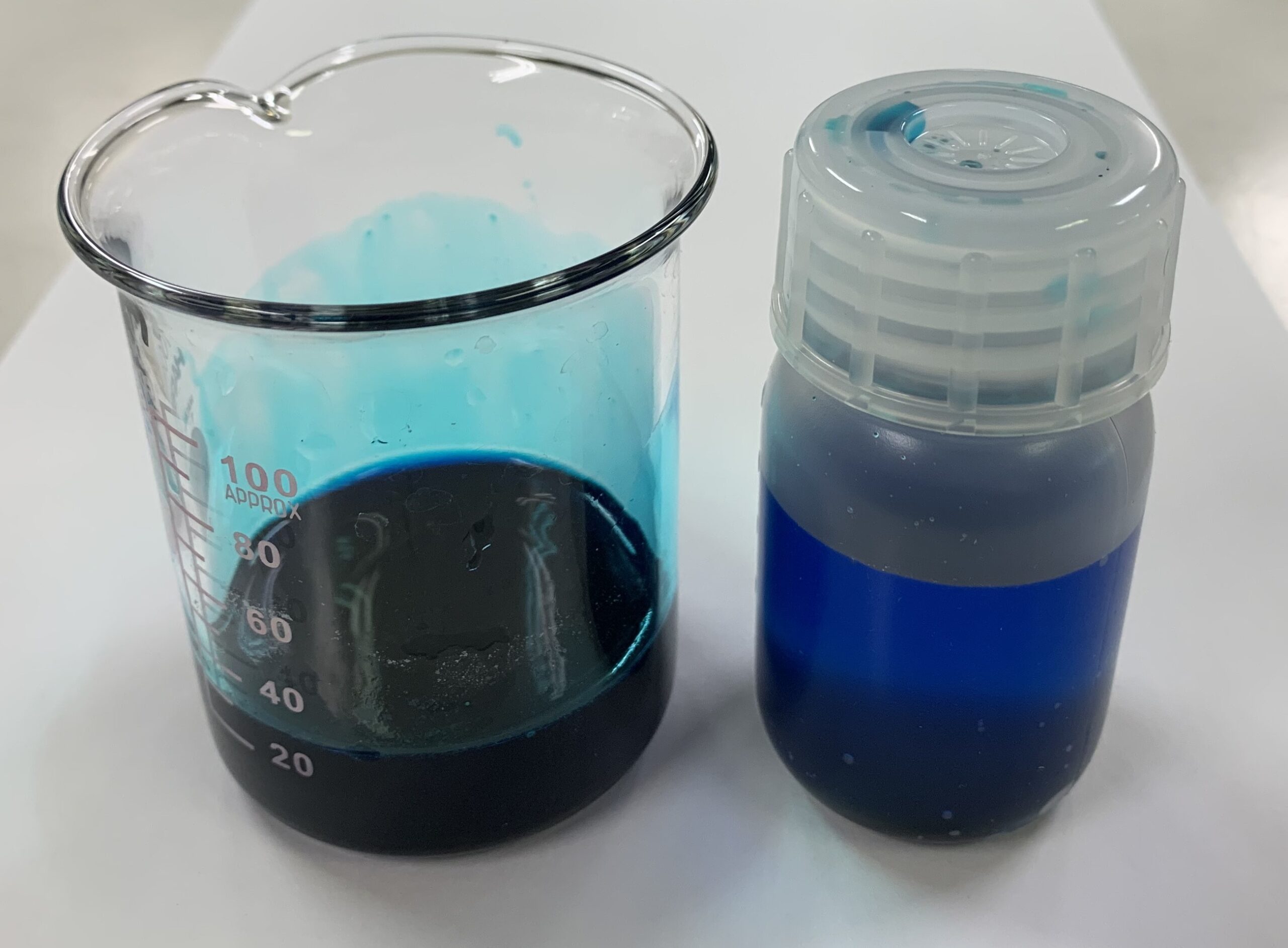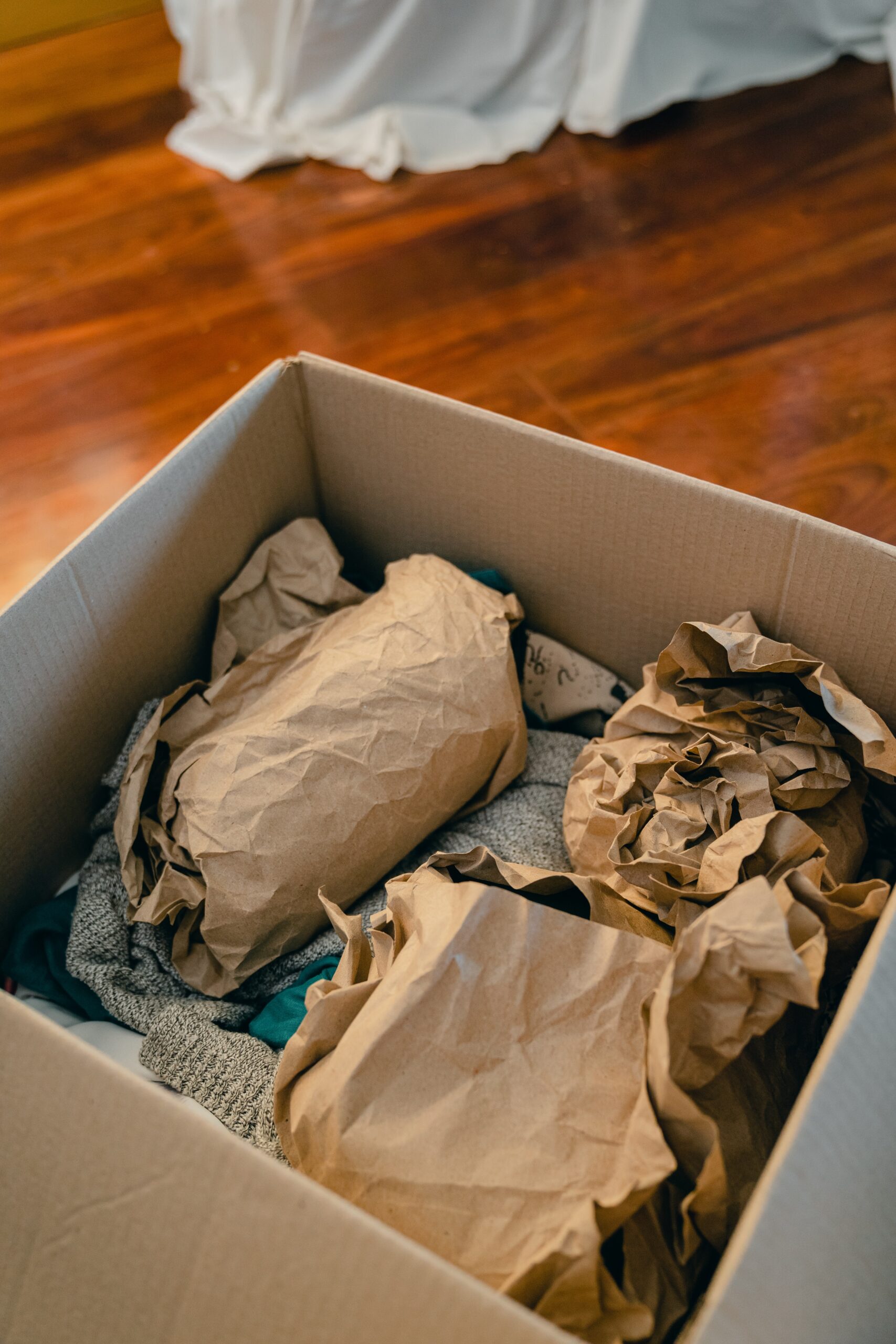Technology
Scientists develop wood-derived metal-organic framework
Cellulose is the most abundant natural material on Earth. Its sustainable and multi-scale nature makes it a promising candidate for many applications. A range of nanoscale engineering strategies have been discovered to utilize the small building blocks of cellulose nanofibres…
Researchers receive grant to prove biomaterials could reduce construction waste
A Penn State-led research team has secured a grant from the American Institute of Architects (AIA) to study whether fungal biomaterials can replace synthetic acoustic insulation, potentially reducing construction waste.
AIMPLAS produces plastic film from coffee waste
Converting biological waste into resources is one of the keys of the circular economy, and the main objective of the European WaysTUP! Project, financed by the Horizon H2020 programme, is working on different lines of research to establish new value…
Green Science Alliance extracts rare metals from lithium ion batteries
Green Science Alliance has developed a procedure to extract rare metals such as cobalt, nickel and manganese from cathode and black mass of lithium ion batteries with their original natural deep eutectic solvent.
Researchers develop biodegradable paper sensor that detects spoiled food
Researchers led by Jinwoo Lee and Seung Hwan Ko at Georgia Institute of Technology and Seoul National University in South Korea, have come up with a smart paper packaging with built-in sensors could offer real-time warnings of spoiled food or…
Have Yourself A Bioluminescent Christmas
Every December, Americans spend around $645 million kilowatt hours of electricity to brighten their homes. Uswitch research found that the British collectively paid an extra £79 million in energy bills in 2020 on outdoor display lights – an eye watering…








